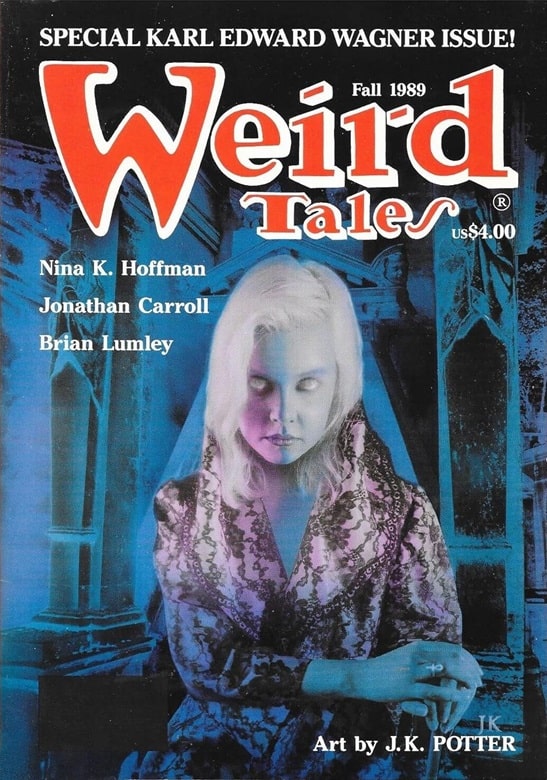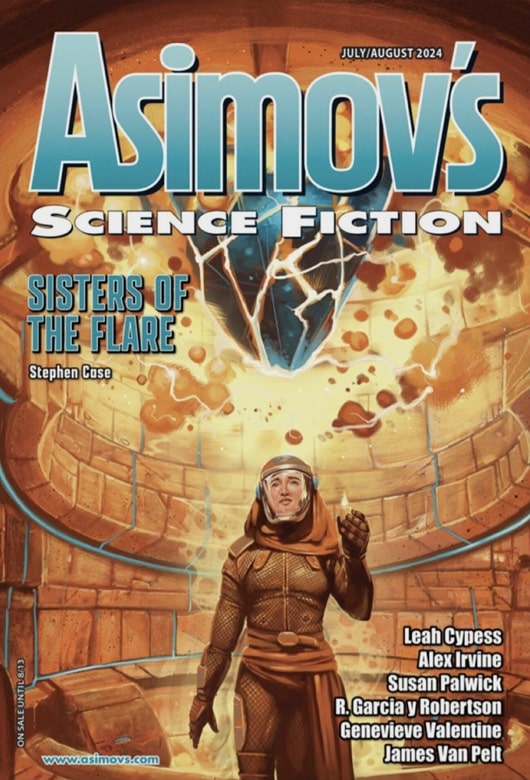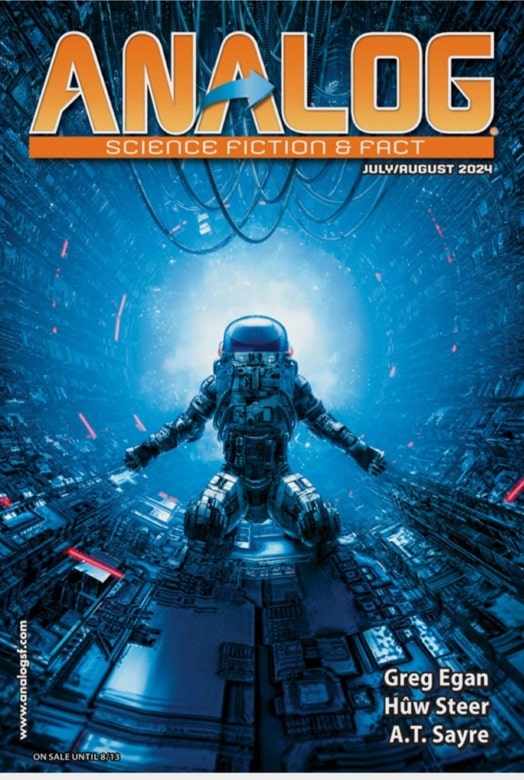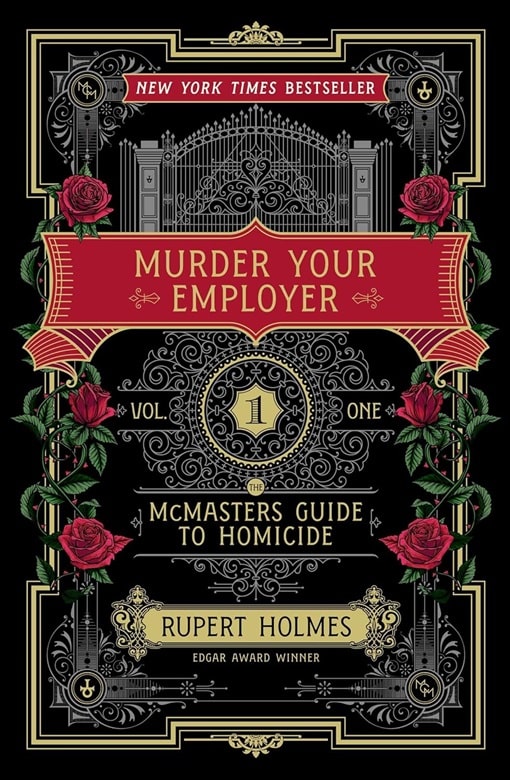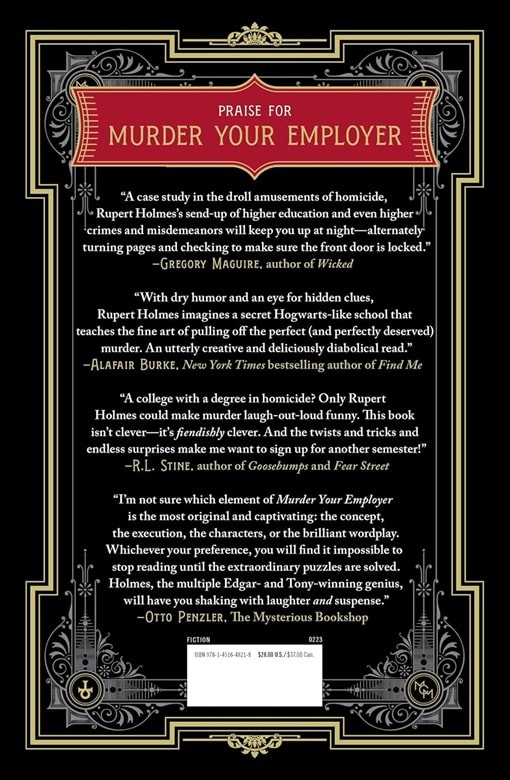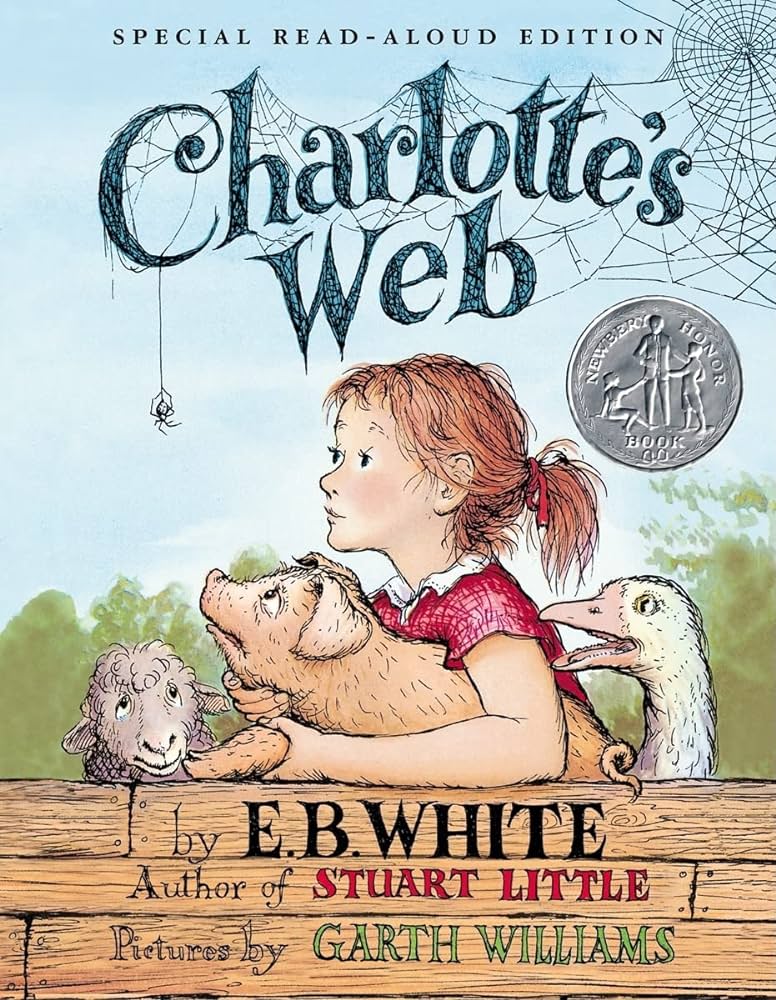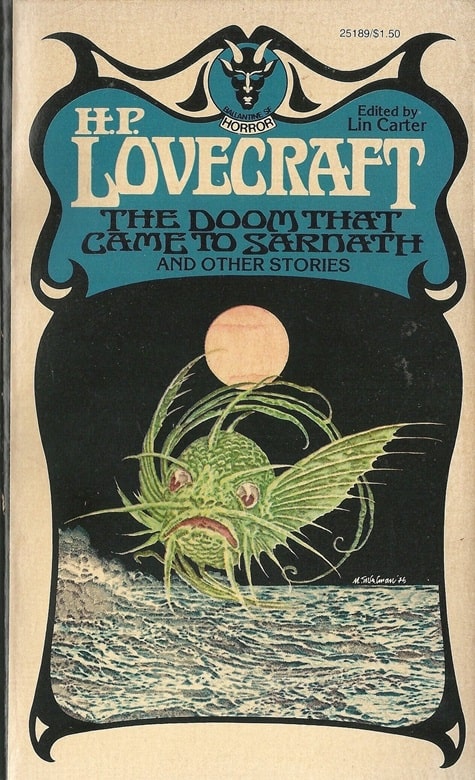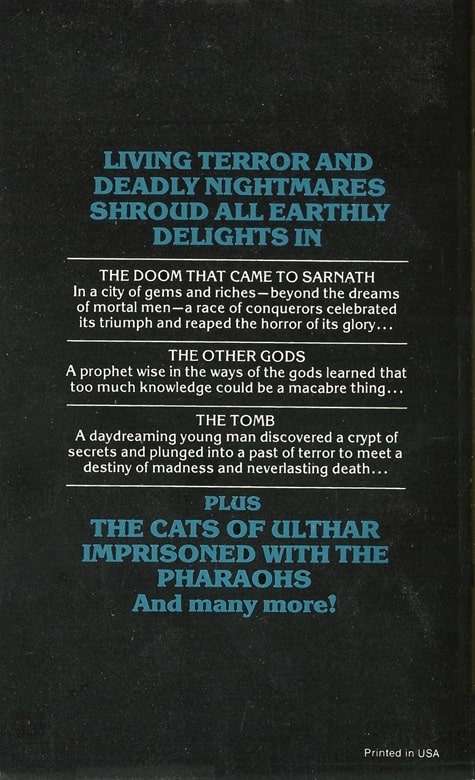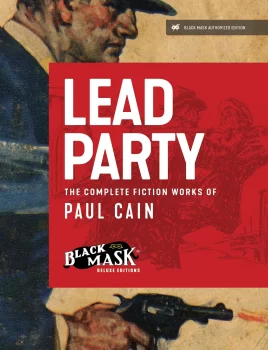 “You’re the second guy I’ve met within hours who seems to think a gat in the hand means a world by the tail.” – Phillip Marlowe in Raymond Chandler’s The Big Sleep
“You’re the second guy I’ve met within hours who seems to think a gat in the hand means a world by the tail.” – Phillip Marlowe in Raymond Chandler’s The Big Sleep
(Gat — Prohibition Era term for a gun. Shortened version of Gatling Gun)
Last year, Steeger Books put out its first deluxe edition hardback, containing all of Paul Cain’s short stories, as well as his lone novel, Fast One. I wrote the intro for Fast One, which is on every list of the greatest hardboiled Pulp novel (it battles The Maltese Falcon for my top spot). That was my sixth intro for Steeger, and it’s this week’s column. Clearly, I recommend reading this slim, recklessly-paced Pulp masterpiece.
Paul Cain’s Fast One is a relentless roller coaster ride, which never lets the reader catch their breath before the next heart-stopping drop. The hero, Gerry Kells, plays a never-ending chess game, in which new pieces are constantly added to the board. He maneuvers a constantly shifting labyrinth of players, alliances, and plots, like a Machievellian chess master. He doesn’t just respond to developments: He consistently moves to turn matters to his advantage. He is a hard guy, but he has a heart – which prevents him from being ruthless. A little more ruthlessness would have served him well.
Kells continually responds to the situations (which are often backed by a gat) thrown at him, by turning up the heat. Police, a newspaper, other gangsters – he’ll use, or take on, anything in the mix. It’s a continual sense of “What’s gonna happen next?” as you turn the pages. And when Kells gets an upper hand, a new wrench gums up the works.
Power, politics, and money: Kells continues to navigate this trilogy of shark-infested waters, right up to the final scene. If Kells had been willing to put a bad guy out of the story – or at least put a bullet in a knee or two, he would have had an easier time, moving forward. He leaves players on the board. And they’re not allies. He’s a tough guy, but he’s more honorable than his enemies.
…
Read More Read More
